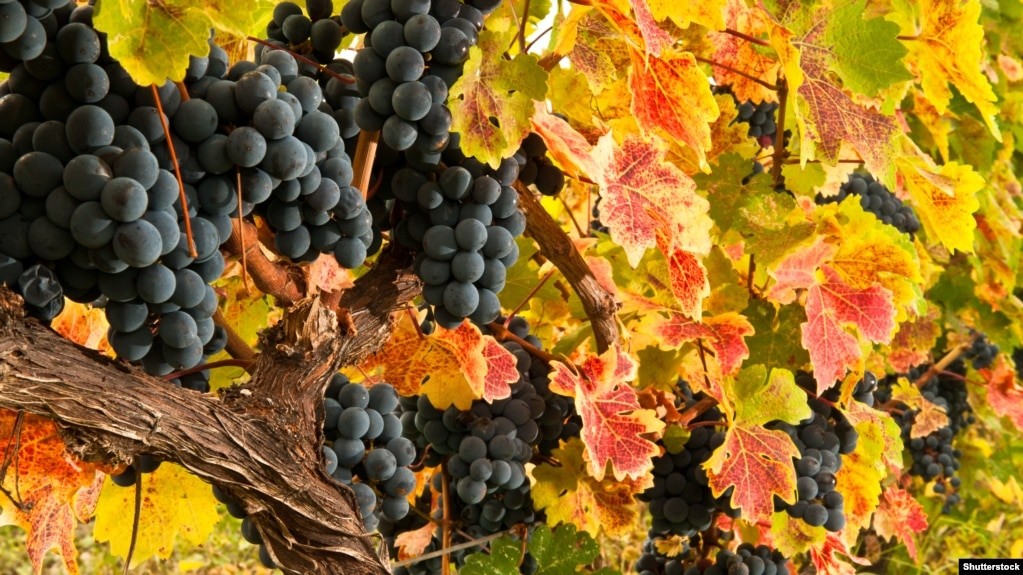Georgian wines: Tbilisi confirms subsidies for farmers
While the clash between pro-Russian and pro-European forces continues in the country, the government has committed to guaranteeing the purchase of all grapes that are not bought by the private sector. But according to local winemakers, this policy, a legacy of the Soviet era, does not contribute to improving the quality of production.
Tbilisi (AsiaNews) - Preparations are underway in Georgia for the Rtveli 2025 festival, the mid-September celebration of the grape harvest and local wine, considered by Georgians to be a kind of New Year's Eve, given the importance of wine not only for the economy but also for the national identity of the many ethnic groups in this area of the South Caucasus.
At an extremely delicate stage in the political and social debate, between pro-Russian sovereignty and openness to Europe and the West, the Tbilisi government is taking the lead in the big celebration, guaranteeing the purchase of all grape reserves that will not be taken up by the private sector, thus covering the backs of growers and the entire market sector.
The National Wine Agency has praised the government's decision, thanks to which “thousands of winegrowers and farms have the opportunity to continue their activities, motivated to produce quality wine, a decisive condition for maintaining the competitiveness of Georgian wine on international markets”.
However, one of the country's leading oenologists, Georgij Samanišvili, notes that “the system of state subsidies in the wine sector has not actually changed completely, as many components existed before, including the purchase of surplus production”. Additional sums were also allocated to companies that purchased certain types of grapes of various kinds, a measure that has now been abolished in order to insist on the processing of all harvested grapes.
State purchases are now ‘more transparent’, Samanišvili assures us, with prices announced in advance: 1.50 lari for the Saperavi grape variety, the best in the Kakheti region, and 1.20 lari for other grapes corresponding to the qualities included in Georgian legislation for this sector. In this way, companies can plan their production and commercial operations in advance, without having to look for buyers and relying on state commitments.
However, according to specialists, this hinders the possible development of market strategies, and many are calling for the gradual elimination of subsidies in order to try to establish themselves on the markets solely on the basis of the high quality of Georgian wines, which were famous in Soviet times on the market of the socialist republics, while now, in addition to Russia, they want to face competition from producers in other European countries.
Another expert in the sector, Georgij Gvardzelašvili, believes that “we need to free ourselves from the communist mentality, when we waited for autumn with the certainty that state money would arrive”, while the goal must be “to raise quality by developing the enormous potential of Georgian wines”. In his opinion, subsidies are “a disease from which we must recover”, without ruining small farmers, especially since “the mountains of lari thrown away do not really help the sector to grow, because if you pay a high price for poor quality grapes, there will be no incentive to produce better ones”.
The appropriate price for the different grape varieties remains an open question, and experts recommend favouring the areas most suitable for viticulture, leaving the more marshy areas for the cultivation of tomatoes, peaches and fruit and vegetables in general, focusing on fertile, flat land.
Excess production is mostly destined for the “Harvest Administration Company”, a state institution created about 10 years ago to ensure low-level production by leasing reserves on contract to less well-off farmers.
This ensures large quantities of wine, often left to mature at high alcohol levels, with no clarity as to their destination, although many hope for more effective and transparent management this year. Provided that there is no attempt to “use wine to confuse the minds of voters”, as Gvardzelašvili says, otherwise “the wine will all end up in Čača”, the Caucasian grappa that is only good for putting you to sleep, without thinking about Georgia's future.
07/08/2025 09:40
09/05/2024 09:49
09/02/2024 10:07







.png)










